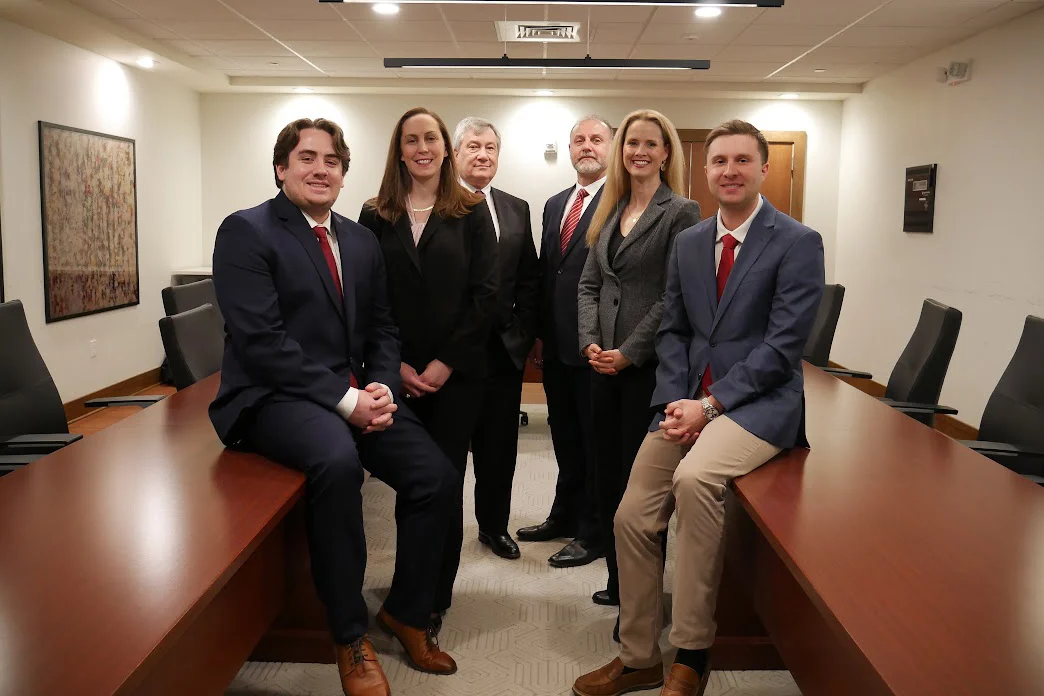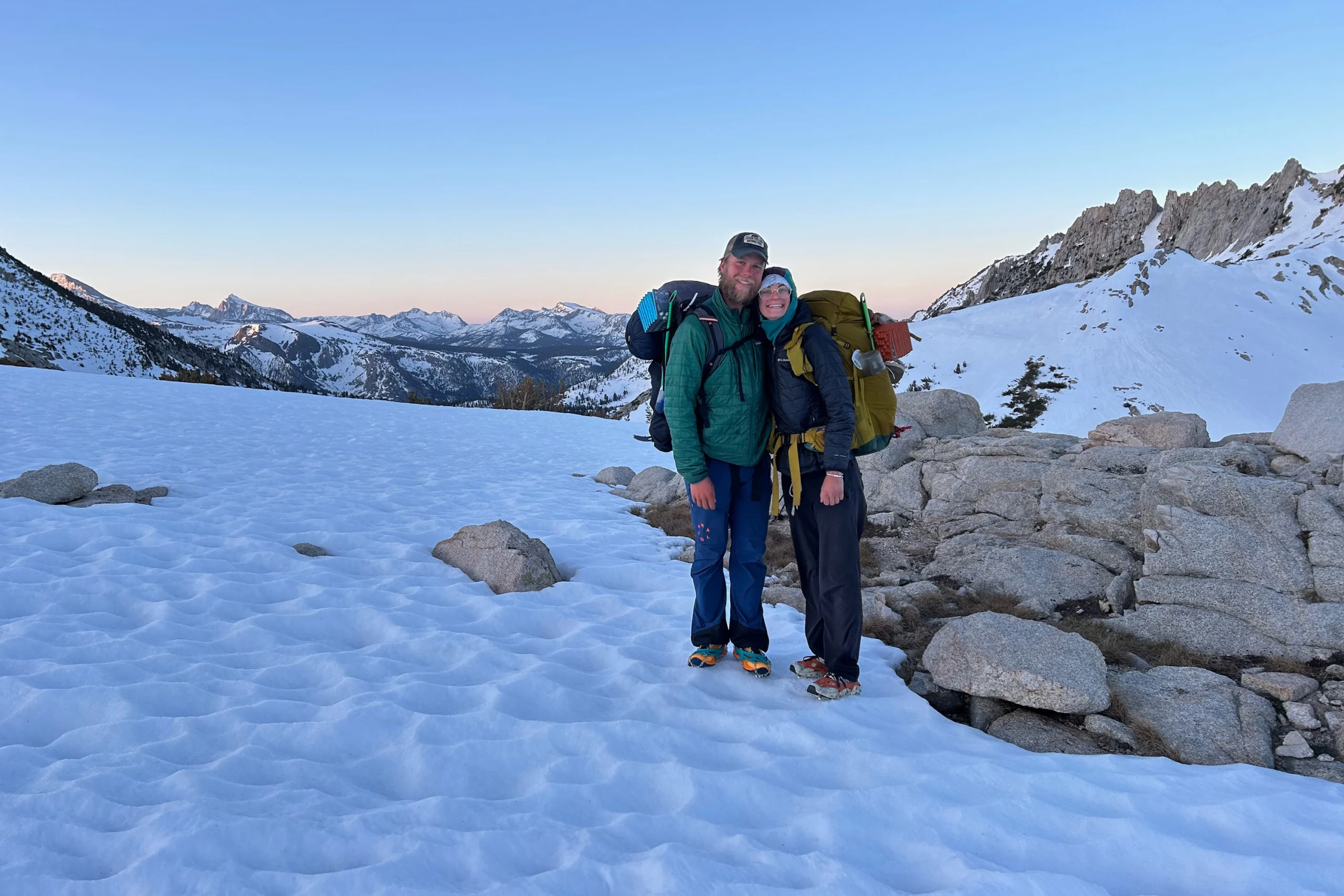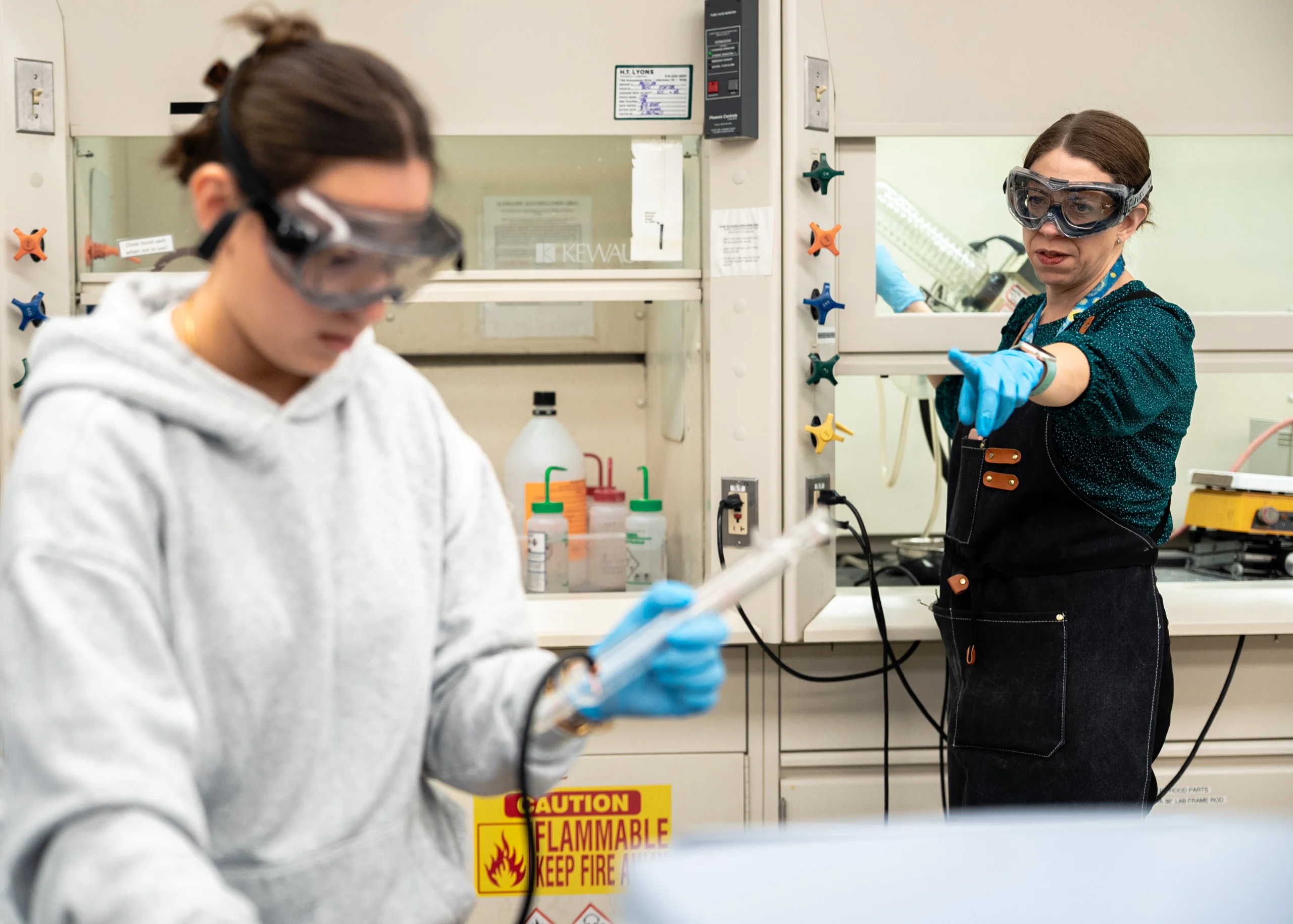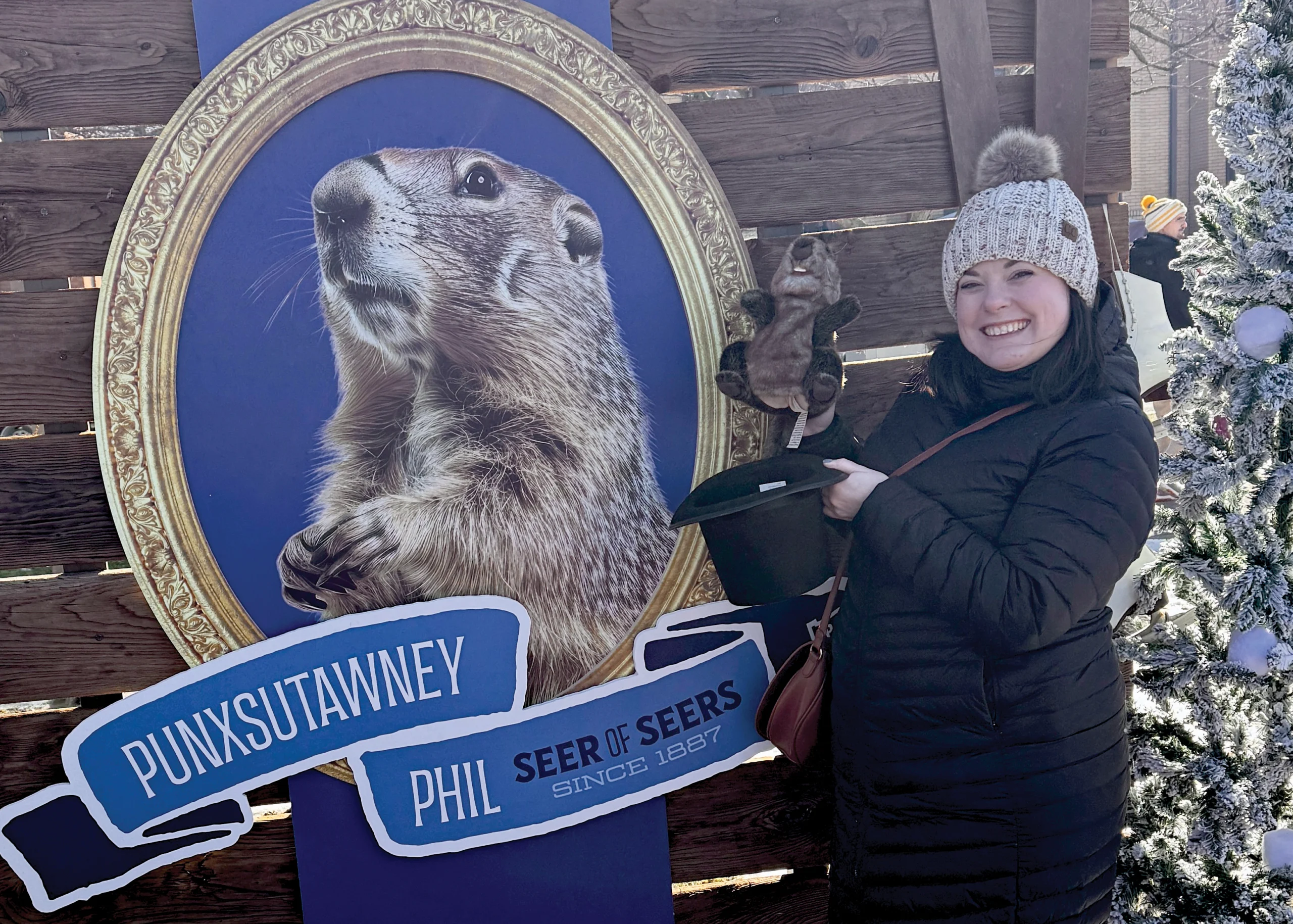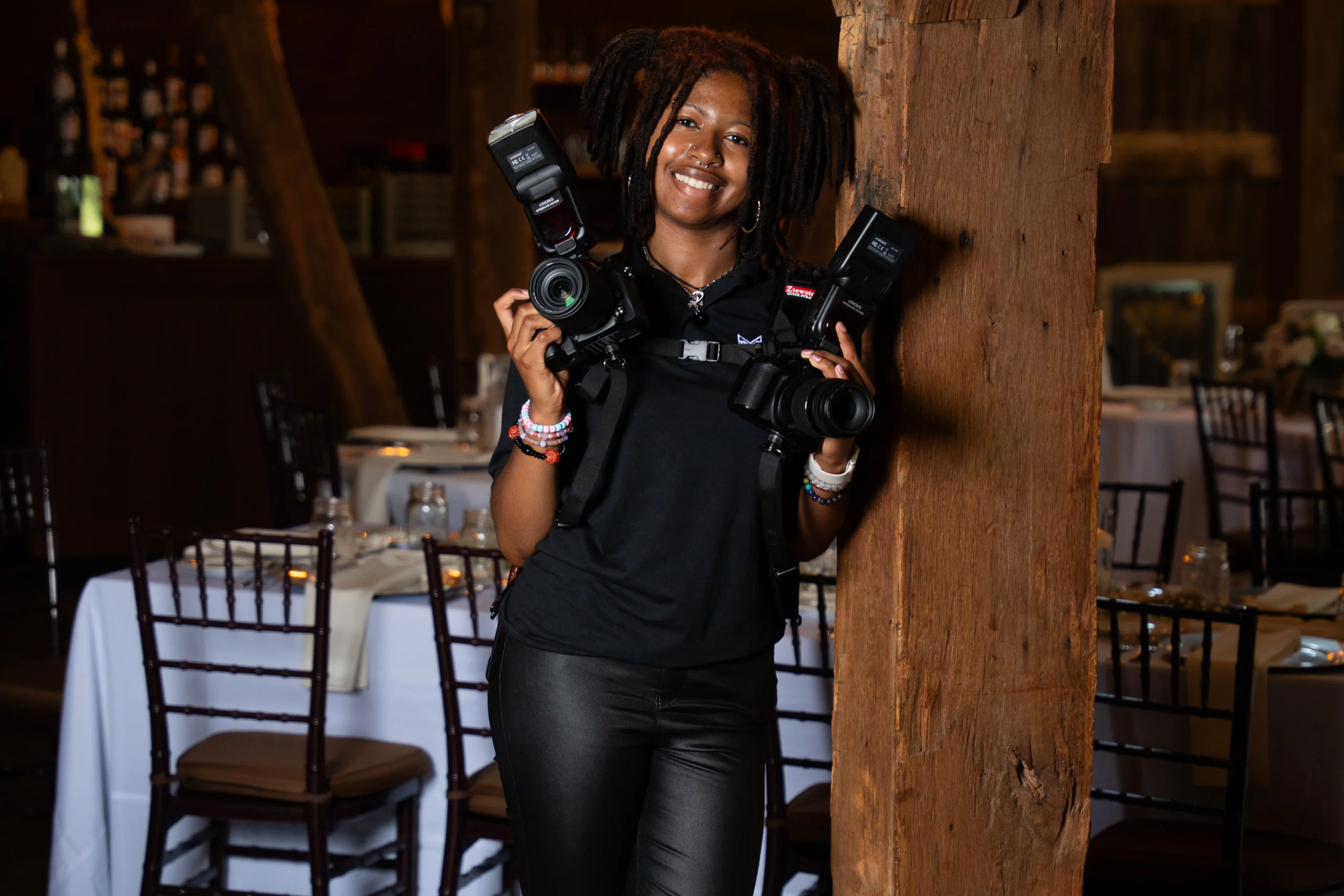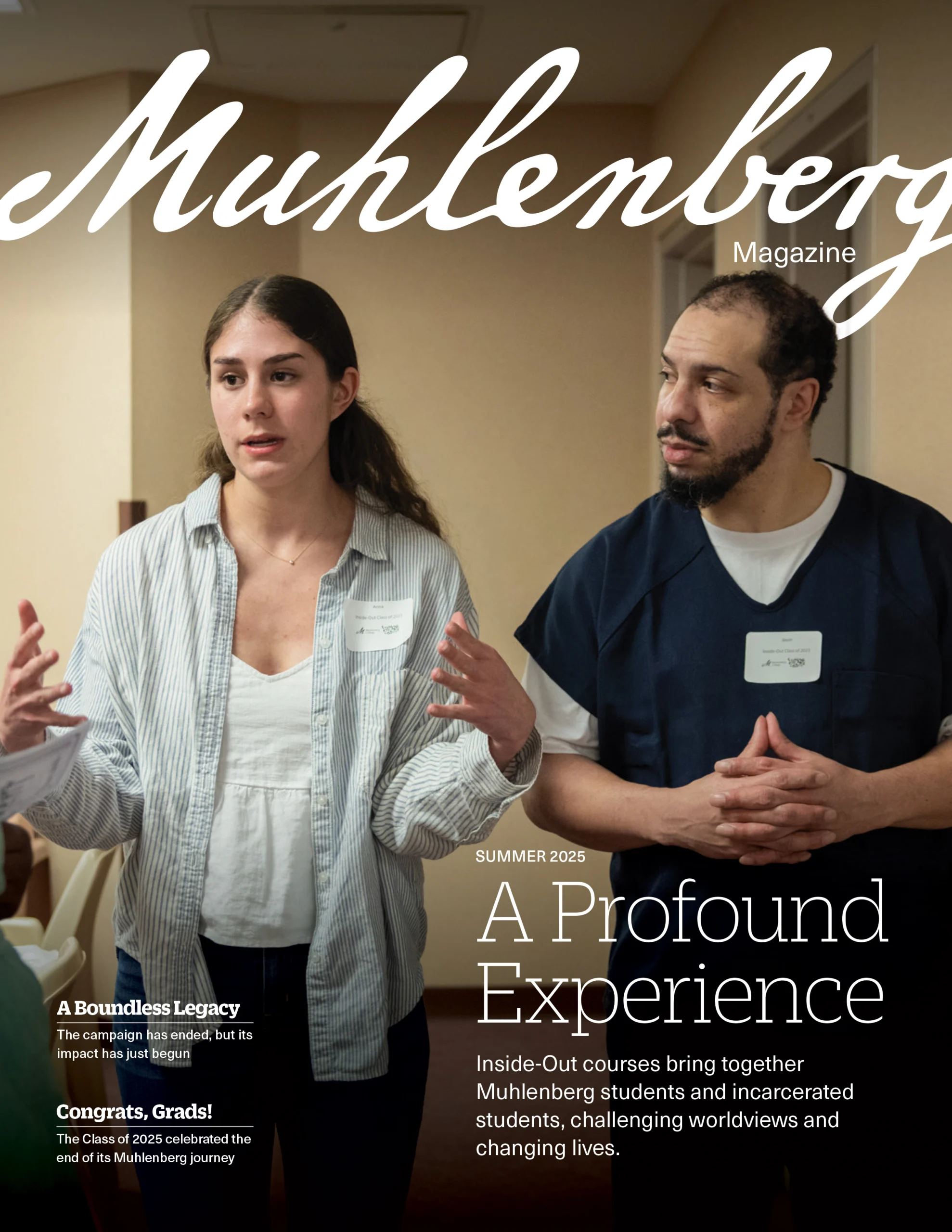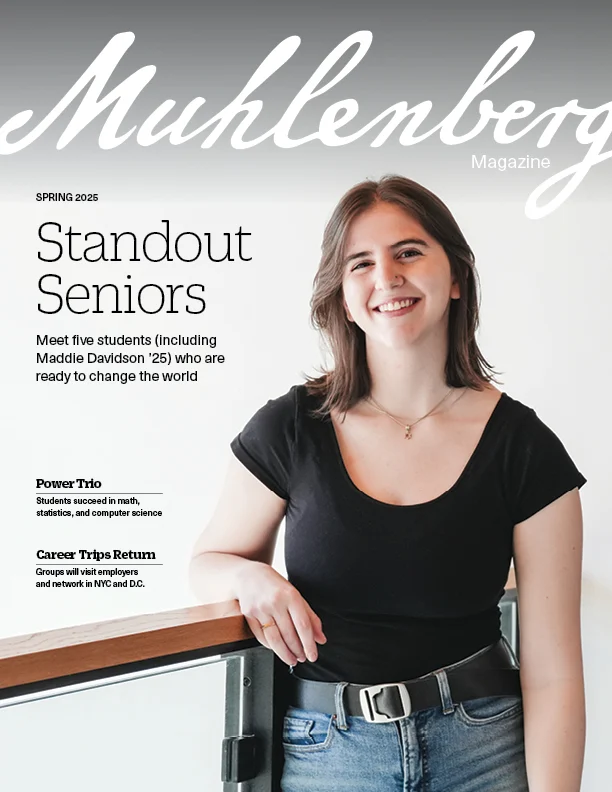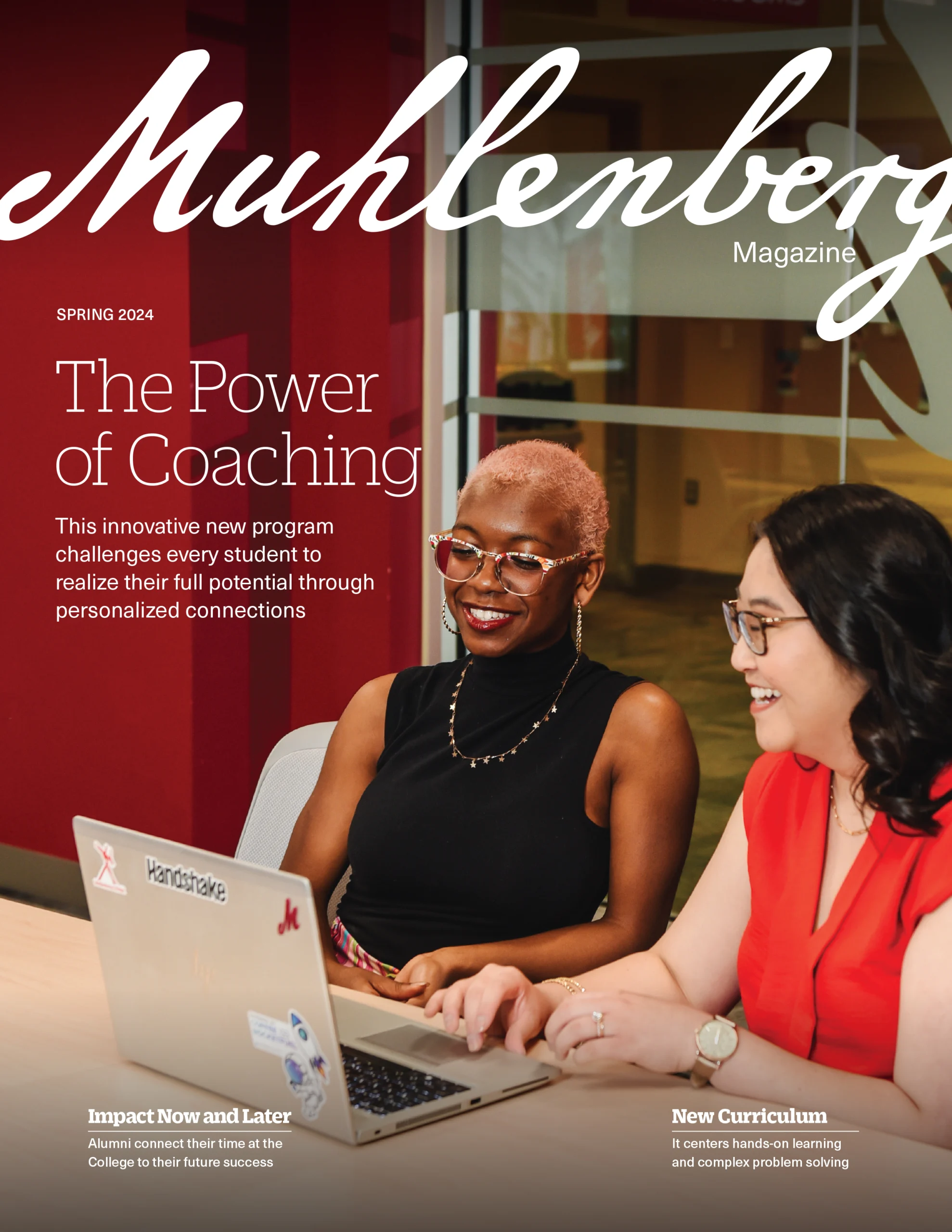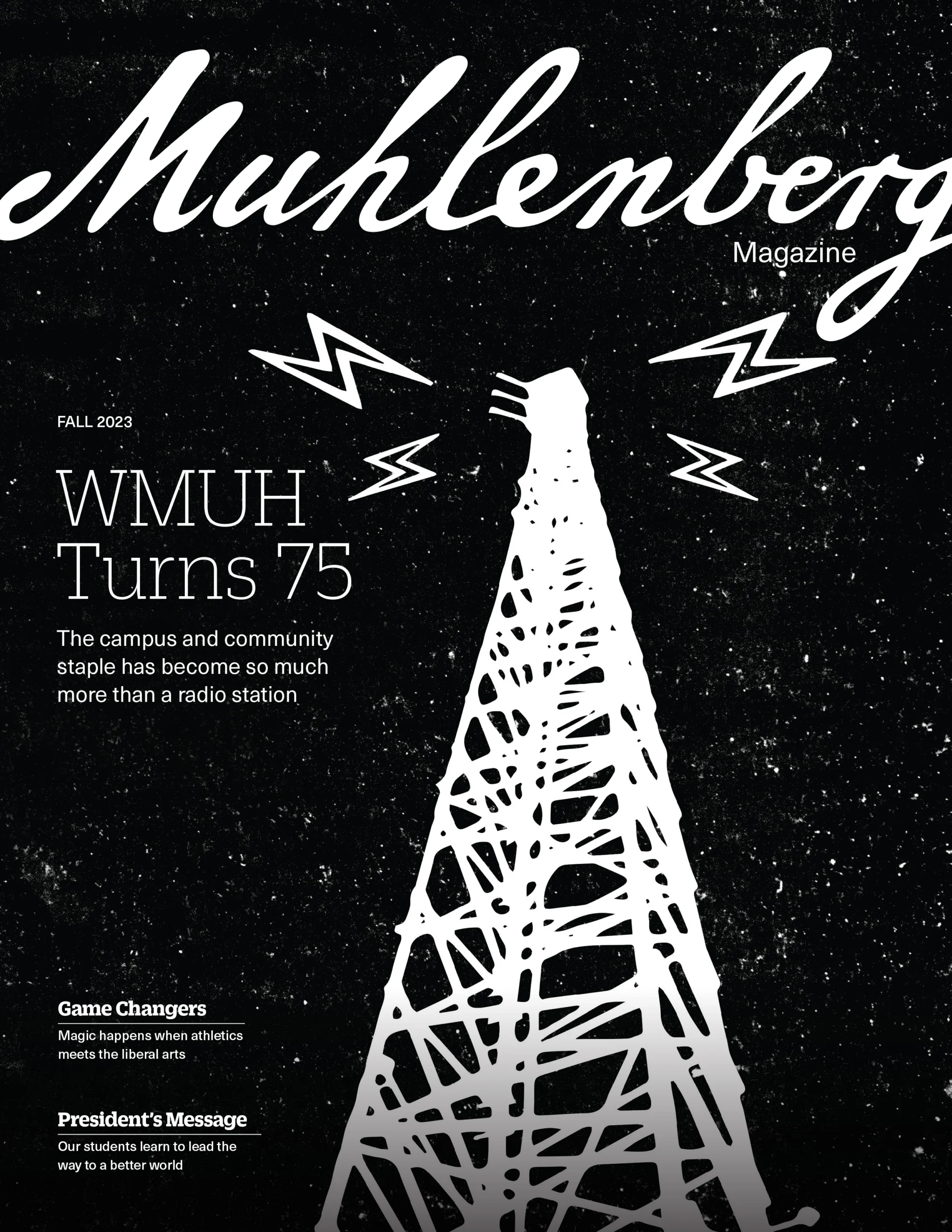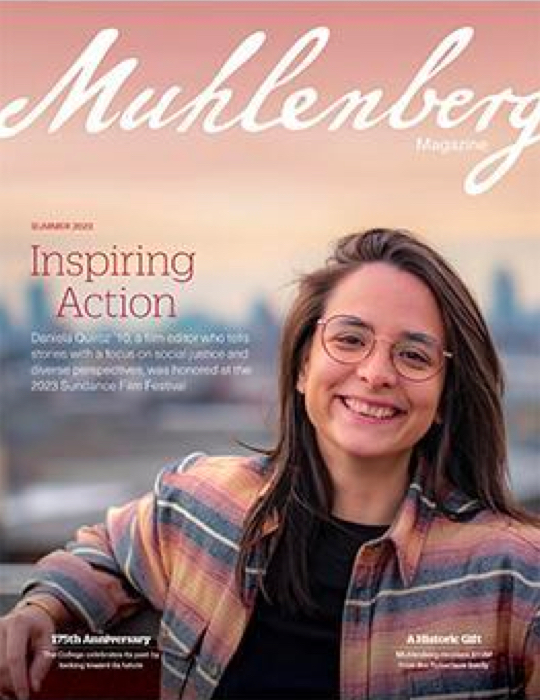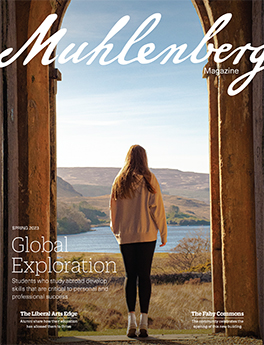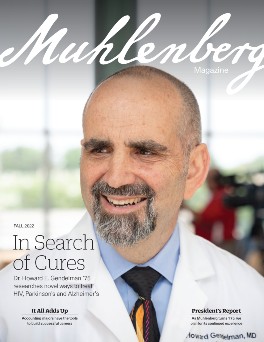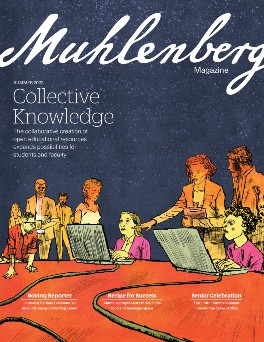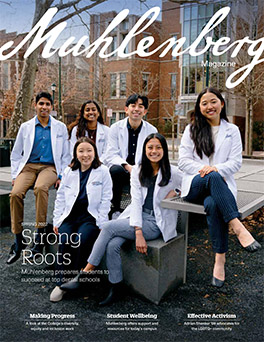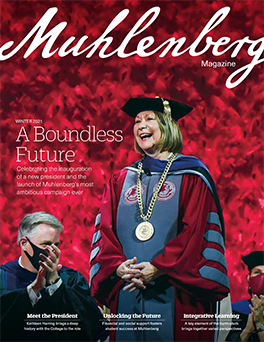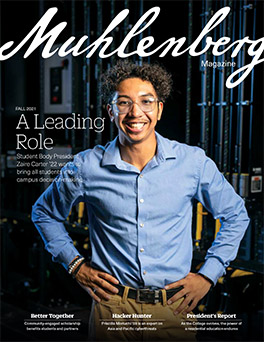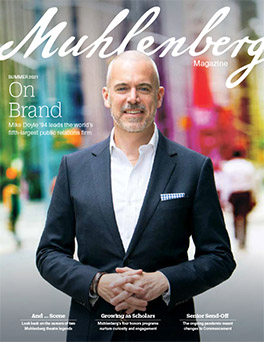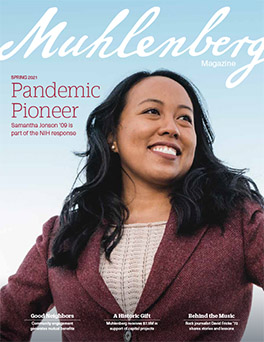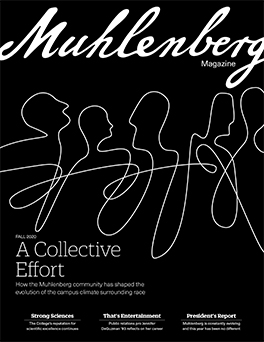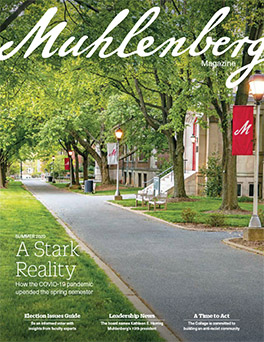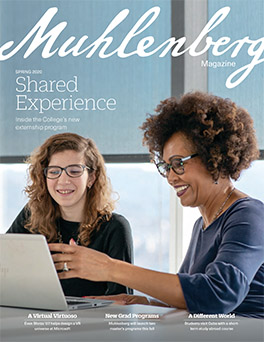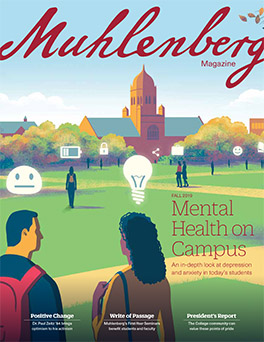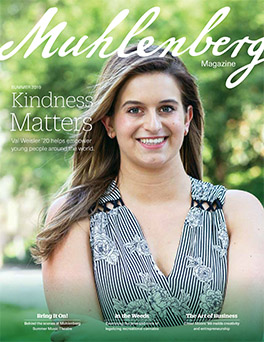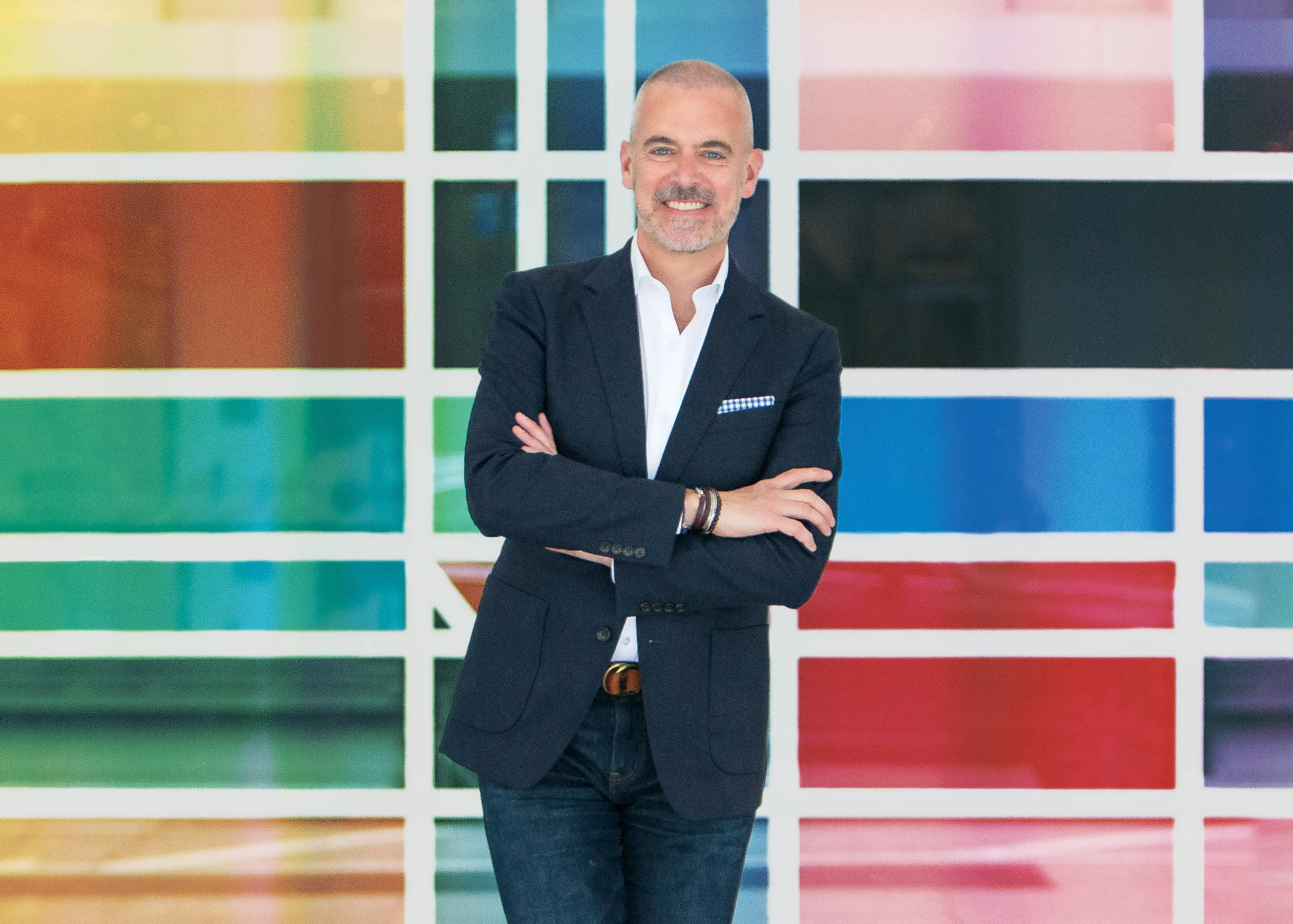
Speaking Up
Through his work in communications, Mike Doyle ’94 helps companies tell their stories.
Mike Doyle ’94 was at a crossroads. He had no idea what he wanted to do with his life, but he was open to anything. Just one year after graduating from Muhlenberg, unsatisfied with his first job at a shipping company and his then-current D.C. internship, he picked up the phone and dialed his trusted mentor at the College for some guidance.
“You’re a solid writer, you like public speaking, you’re intellectually curious—I think you should give public relations a try,” former Dean of Admissions Chris Hooker-Haring ’72 told him.
And with that, Doyle’s path—a course that would lead him to become CEO and president of the fifth-largest PR firm in the world—appeared to be set. The trouble was, he hung up the phone unsure of what public relations even was. “I’ve since joked, ‘If Chris had told me to be an acrobat, I might be in the circus today,’” Doyle says.
It was one of several turning points that led him to a 25-year career at Ketchum, where he worked his way up from an entry-level account coordinator position to the top spot in a company with more than 130 offices and affiliates in 70 countries. Doyle, who studied English and psychology at Muhlenberg, is a dynamic storyteller, by nature and trade, and his story speaks to the power of being true to yourself and trusting that that level of openness will make it all work out.
It’s also a lesson in second chances: After researching everything he could about the field of PR that day in 1995, Doyle shopped his resume all over Washington and landed his first interview at the company he would one day lead. He didn’t get the job. Ketchum chose someone else.
Devastated, Doyle continued to intern on the Hill. But Ketchum’s initial hire quit after three days, overwhelmed by the pressure of the position. “I’ve said to everyone over the years, ‘I was Ketchum’s best second choice,’” he jokes. It was his first break into a field that he soon realized aligned with the way he was already wired—and the value he placed on empathy, authenticity and maintaining relationships.
Doyle started in the D.C. office by working in the public affairs and issues management teams leading corporate responsibility projects. He would go on to help launch new products, services and initiatives for household names like Target, Hewlett Packard Enterprise, FedEx, Mastercard, Wendy’s, Pfizer, IKEA, Bank of America, Procter & Gamble and many more. So much of the work of public relations is nebulous and behind the scenes. But Doyle demystifies it.
“At the end of the day, we help companies tell their stories,” he says. “We help them figure out what they want to be as employers, as marketers, as organizations that are trying to do good in the world and do work that matters.”
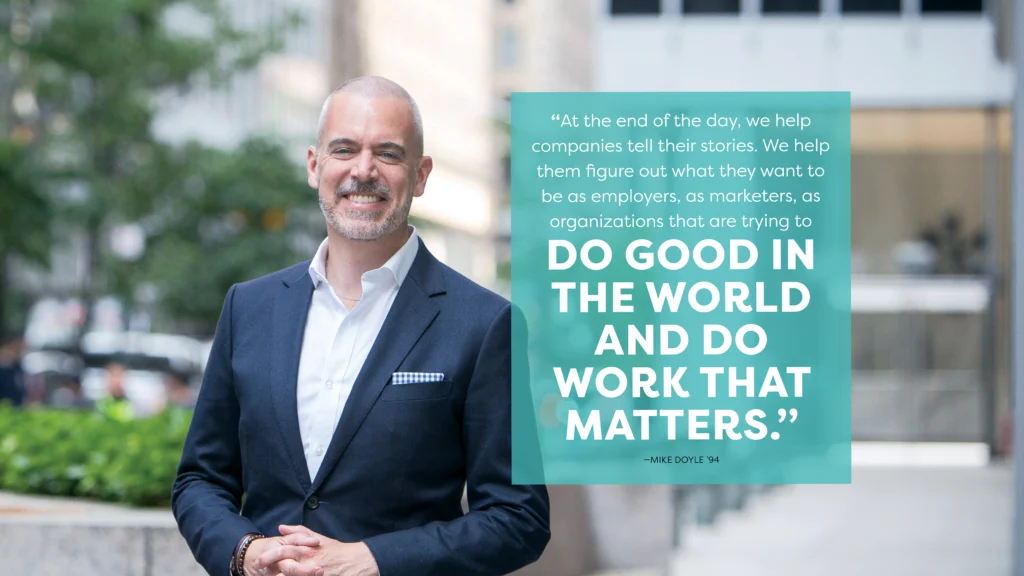
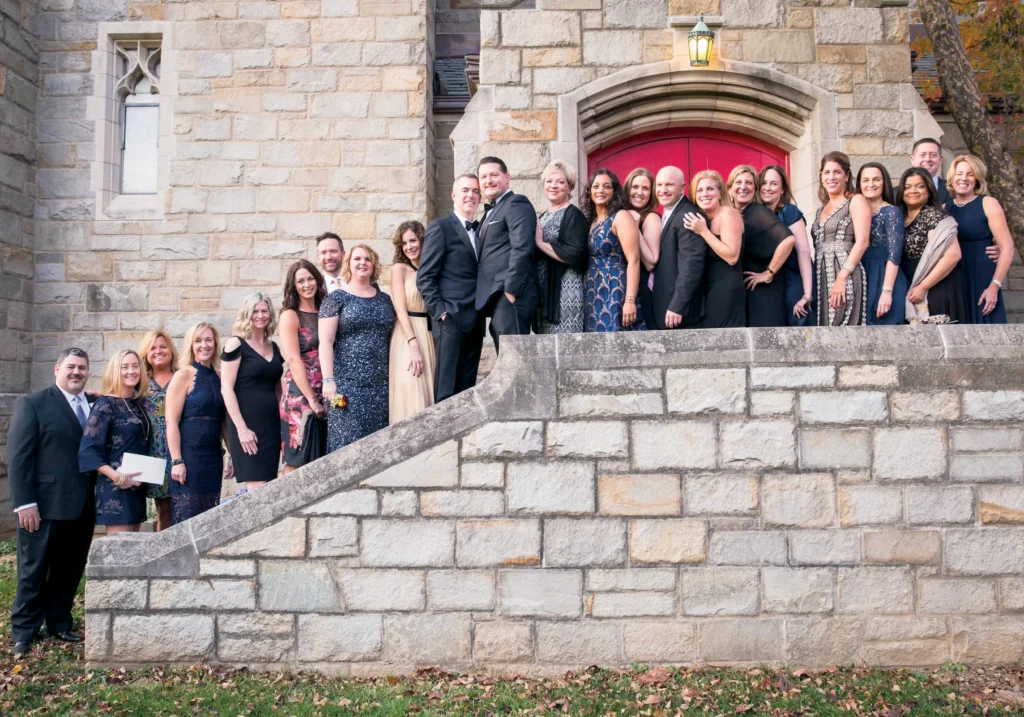
“Something led me to Muhlenberg, to Coach Marino, to the best friends I’ve ever had in my life, to a career that’s been fulfilling and the chance to marry my best friend. I realize how lucky I am and try very hard not to take it for granted.”
—Mike Doyle ’94
Doing work that matters is a big part of Ketchum’s statement of purpose—and Doyle’s own personal code. He grew up outside of Philly in Downingtown, Pennsylvania—a place that “was perfectly suburban in all the ways one might assume were great,” he says. His high school looked like it was straight out of a John Hughes movie, like The Breakfast Club. “I was definitely the geek who got shoved into the locker,” Doyle says.
Muhlenberg wasn’t his first-choice college—he had already decided on the University of Richmond. But Doyle had been offered an academic scholarship to Muhlenberg, so his dad persuaded him to take one last trip to the campus and give it a second look. As they stepped into Egner Memorial Chapel as part of a campus tour, the late coach Frank Marino, an institution at Muhlenberg, rose to introduce himself.
“He put his hand on my shoulder and said, ‘Michael, you’re going to come to Muhlenberg and your life is going to change and you don’t even know why yet,’” Doyle says, remembering the chance encounter.
Decades later, it was a story he would tell at his wedding beneath the same stunning, Gothic architecture. Doyle met his husband, Bret Kobler ’94, while the two were students at Muhlenberg; their 2016 ceremony was the first same-sex marriage of two alumni held at the chapel. Kobler is now the treasurer of the Alumni Board.
The couple celebrated by establishing The Bret G. Kobler ’94 and Michael J. Doyle ’94 Scholarship, described as “a four-year award that will recognize an incoming freshman who has demonstrated commitment to service and inclusion in his or her school and local community.”
In attendance with the grooms’ families was their present-day friend group, which had grown out of their College social circle. The odd providence of Doyle’s path isn’t lost on him.
“Something led me to Muhlenberg, to Coach Marino, to the best friends I’ve ever had in my life, to a career that’s been fulfilling and the chance to marry my best friend,” he says. “I realize how lucky I am and try very hard not to take it for granted.”
But getting there wasn’t without hitches. When Doyle first started his career, he wasn’t out as gay—to anyone. It was the pre-Will and Grace mid-’90s, and acceptance, let alone inclusion and celebration, wasn’t the default expectation. The young PR pro honed his skills at being vague when clients asked how he spent his weekends or whether he had a girlfriend.
“I was pretty convinced, if I was honest with myself and the world, that I would not be able to advance in my career and would constantly be looked at as less than, or as an other,” he says.
Doyle says he spent his teens and 20s trying to deny who he was, and his early 30s figuring out how to accept it. Only later did he realize that it was one of his many strengths—particularly in learning to bring his full self to his work in public relations.
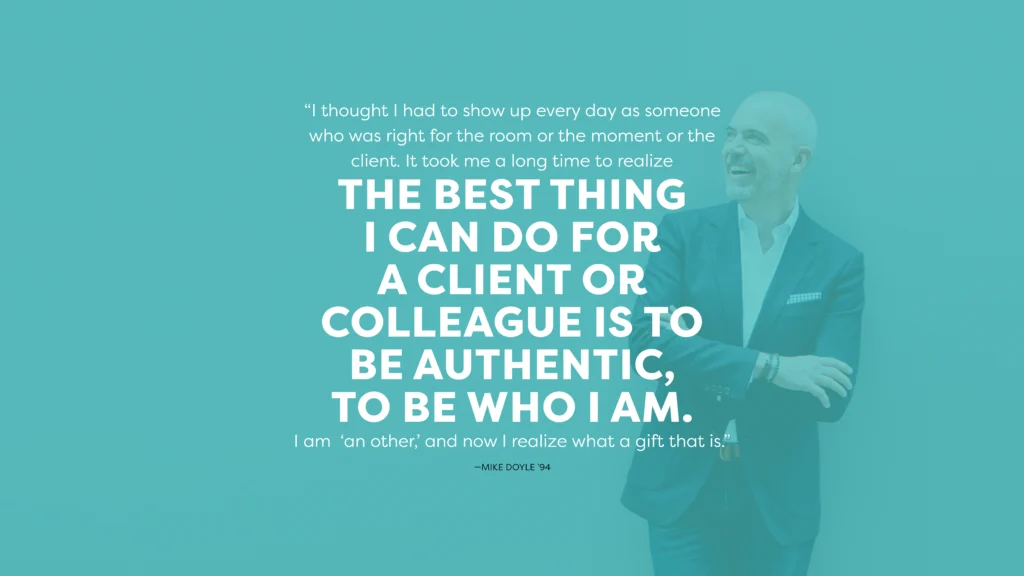
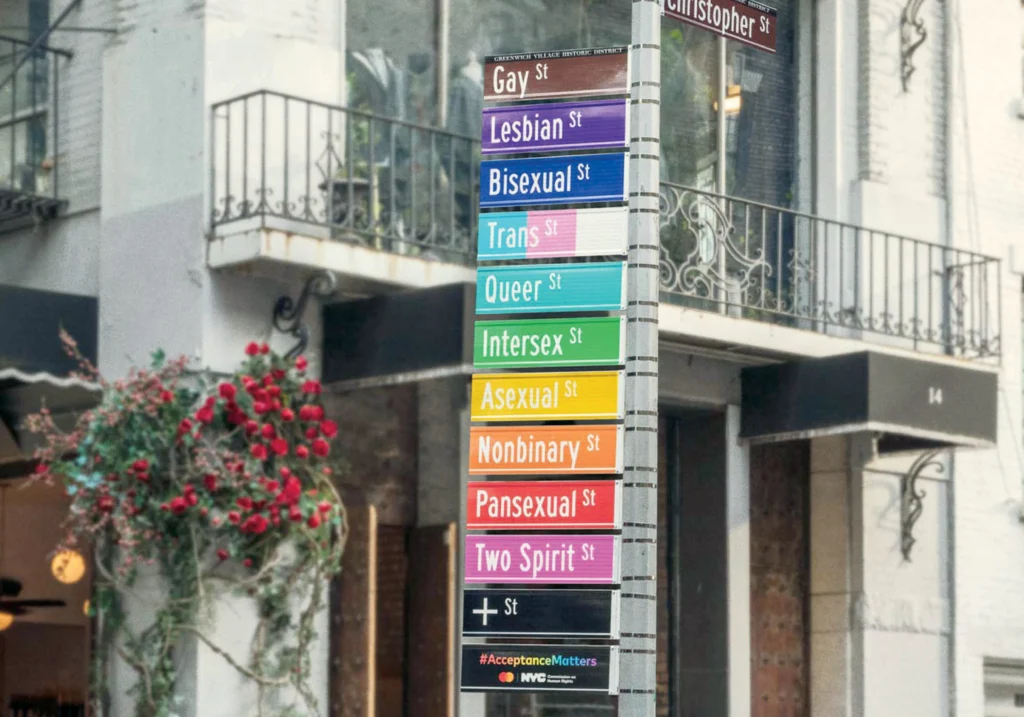
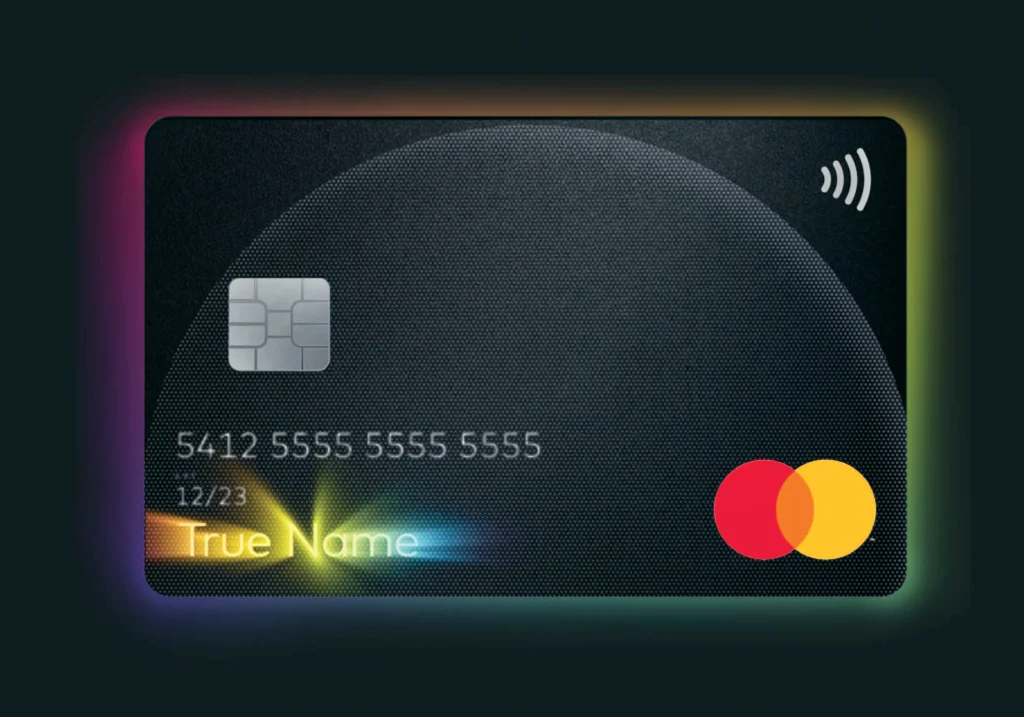
“I thought I had to show up every day as someone who was right for the room or the moment or the client,” he says. “It took me a long time to realize the best thing I can do for a client or colleague is to be authentic, to be who I am. I am ‘an other,’ and now I realize what a gift that is.”
That commitment to authenticity has manifested in some of his most interesting projects at Ketchum. Two years ago, he was standing outside of a press conference and panel discussion being held to launch a new collaboration with Mastercard known as the “True Name” campaign. The campaign broke ground by allowing transgender card holders to have their chosen names printed on the credit card instead of their names given at birth.
It was a big effort to show awareness of some of the hurdles faced by the LGBTQ community. Imagine if every time you wanted to buy something you had to present a card with a name that didn’t match your preferred one—and also didn’t match your appearance, gender identity and true self. That was the case for many trans and non-binary people, particularly those earlier in their transitions or grappling with the many financial and legal barriers to official name change.
According to a 2015 report from the National Center for Transgender Equality, these were challenges faced by a huge portion of the trans community. More than two-thirds (68 percent) of transgender respondents indicated “that none of their IDs or records had both the name and gender they preferred.” The report also showed this had
dehumanizing real-world implications, finding that 32 percent of people who had shown IDs with a name or gender that didn’t match their presentation “reported negative experiences, such as being harassed, denied services and/or attacked.”
Mastercard used this research to inform its campaign. True Name was a move to honor card users’ authentic selves and personal safety without sacrificing account security. The campaign was rolled out during Pride Month in 2019 and included videos of trans people sharing their true stories of anxiety and harassment when presenting credit cards that didn’t match their identities.
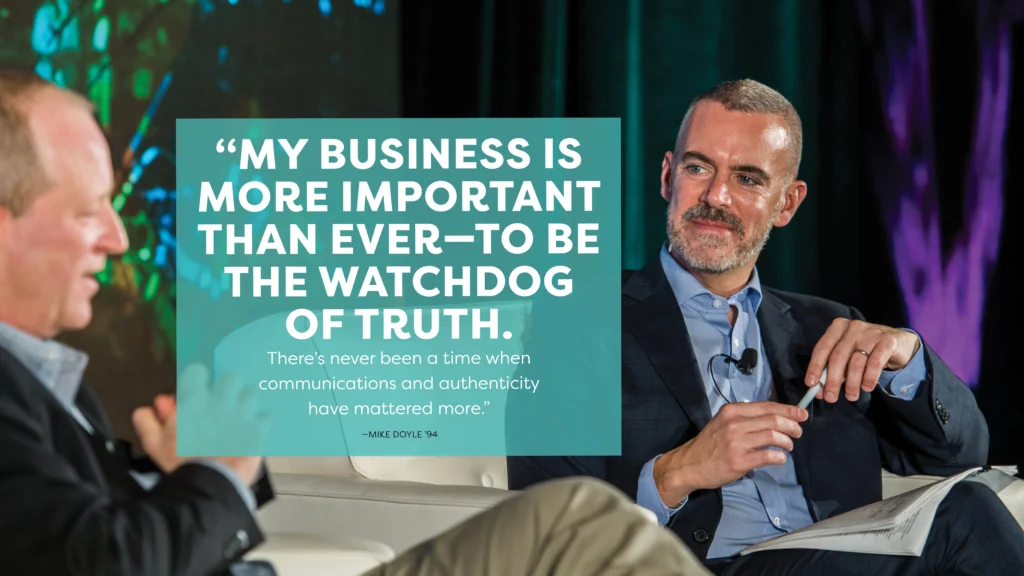
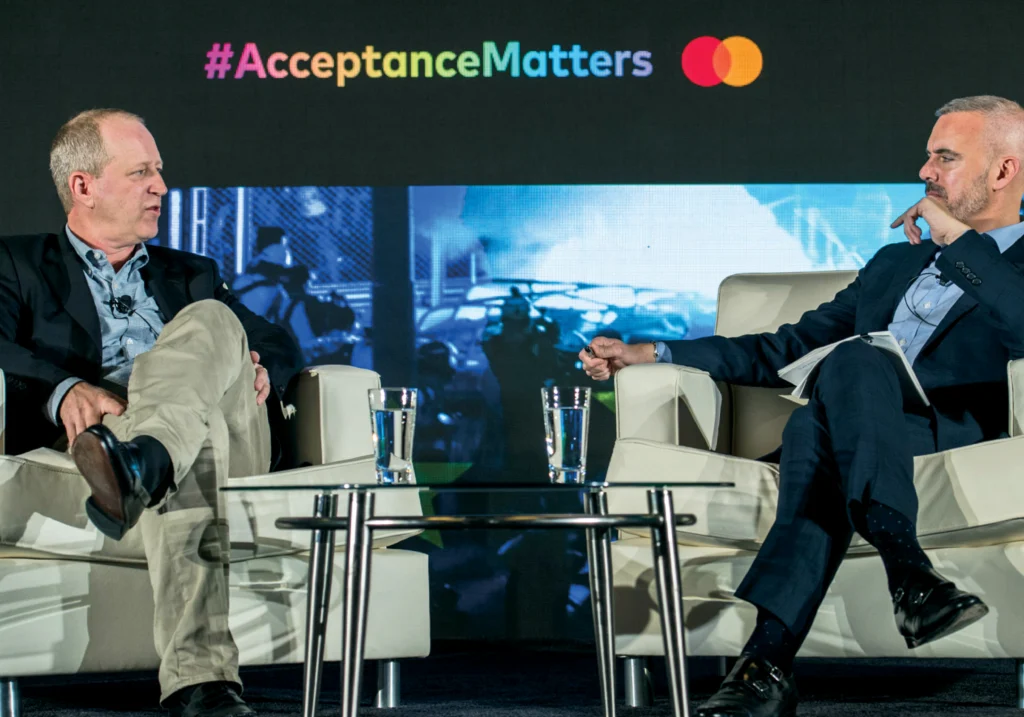
“I’d never thought in a million years that I’d be in a position where the way that I’m built and the career I’ve chosen could be married with an organization’s mission like this.”
—Mike Doyle ’94
Standing at the back of the campaign launch, Doyle was moved. He noticed the woman standing next to him also looked emotional. The two struck up a conversation. I can’t believe I’m here, she told him. I’m a trans woman and this is the first time I’ve ever felt fully seen by a brand like this.
“She had tears in her eyes, and I had tears in my eyes, and I thought, ‘This is what representation means,’” Doyle says. “That was progress that a world-class brand was able to make at an individual level. I’ll never get over it that I get to do this for a living.”
Working on that campaign was Doyle’s first professional collaboration with GLAAD, a 36-year-old advocacy group dedicated to furthering LGBTQ acceptance. In March 2020, Doyle joined the organization’s board of directors. GLAAD has always pushed for more LGBTQ representation in media and culture with the understanding that it matters for young queer and trans people to see themselves in TV shows, movies and advertising—not just intuitively, but in measurable, statistically proven ways. For Doyle, whose own path to self-acceptance took some time, the opportunity to work with GLAAD has been a huge gift. “I’d never thought in a million years that I’d be in a position where the way that I’m built and the career I’ve chosen could be married with an organization’s mission like this,” he says.
Helping brands find their stories and connecting them to projects that are meaningful on a larger scale made Doyle realize early in the pandemic that Ketchum needed to hammer down its own purpose. He and his team settled on this: “We show up every day for each other and our clients to do work that matters for the world.” It took some time to piece together what “showing up” meant in a time of Zoom conferencing and home offices, but he’s learned to adapt the company culture to the times.
Today Doyle and Kobler split their time between New York City and Asbury Park, New Jersey, where the two enjoy the area’s growing diversity and LGBTQ community, as well as the shore access. The past year has been a big one for Doyle—in addition to joining GLAAD’s board, in June 2020 he was named to his current position as the head of Ketchum when the former CEO stepped down for a position at Wells Fargo. As the new CEO, he feels an obligation to create the type of open, inclusive environment and office culture in which 25-year-old Mike Doyle would have felt comfortable being himself.
He also feels as committed as ever to the work and power of PR and communications, even while modern digital platforms make it easier and easier to spread misinformation and challenges to company credibility.
“My business is more important than ever—to be the watchdog of truth,” he says. “There’s never been a time when communications and authenticity have mattered more.”

